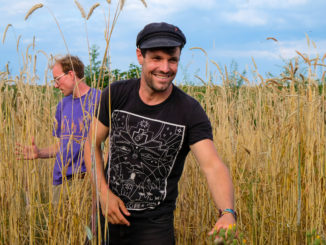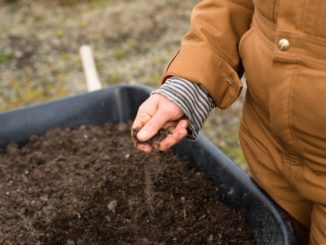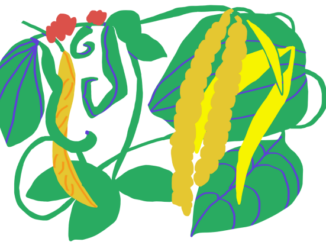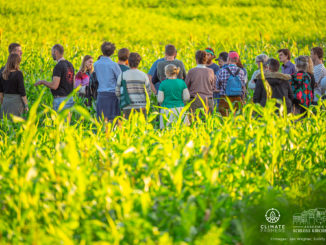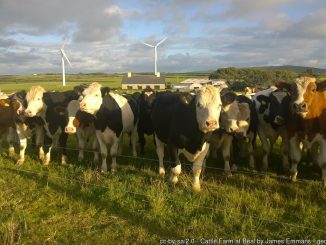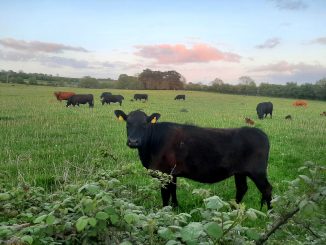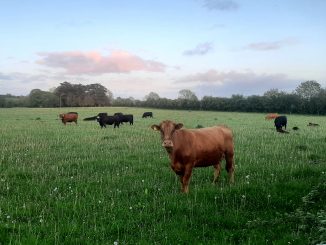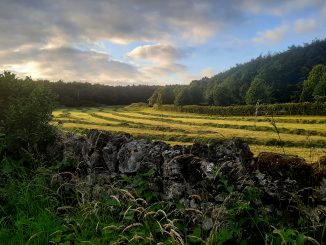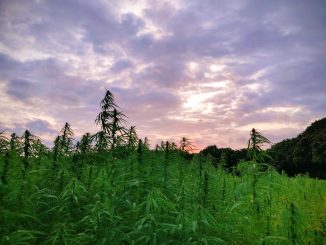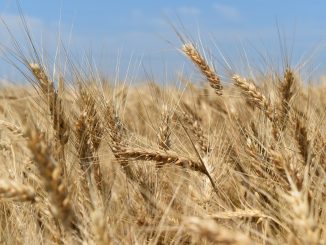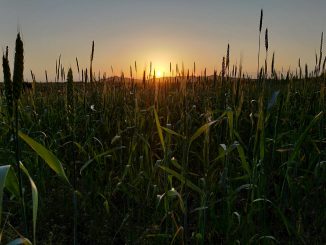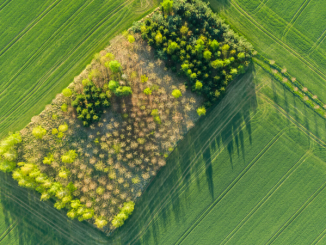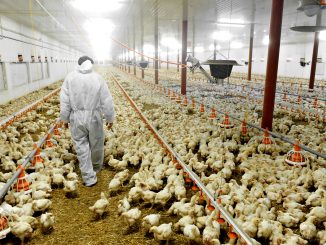
The Civil Society Guide to Avoiding Electile Disfunction
With the European elections just around the corner, civil society is revving up for the next mandate. Ahead of the vote, ARC2020 has compiled a one-stop shop of resources from farming, environmental, and food civil society organisations. Interestingly, there is a lot of overlap between these sectors in what is a fascinating set of tools for action. Let’s have a look at some of them. […]

